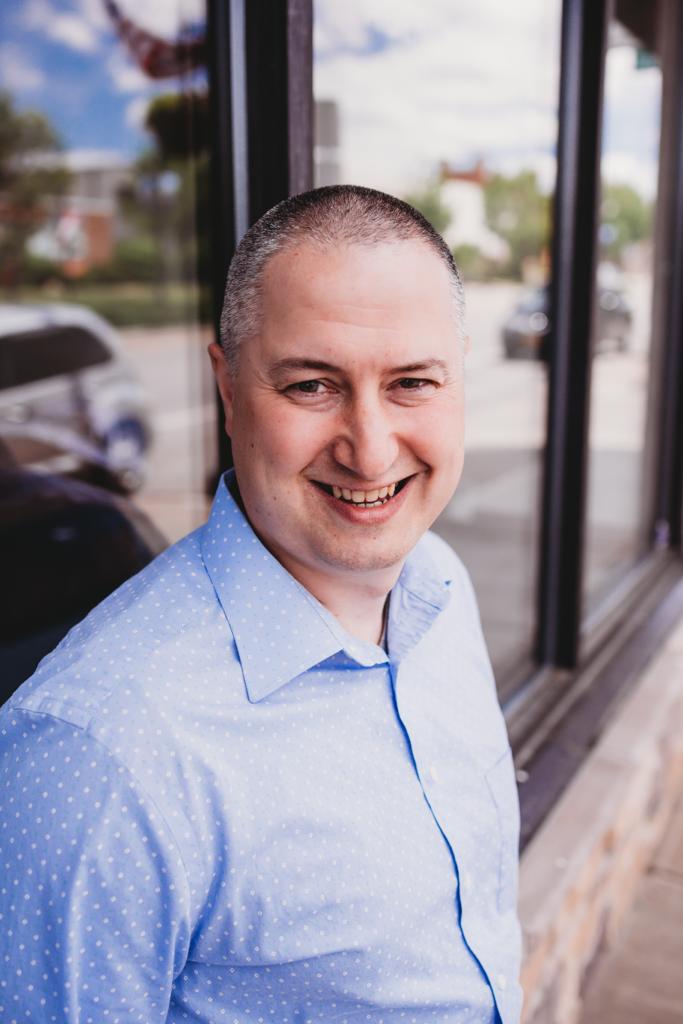US (Transatlantic Today) – A former Navy combat pilot testified before a congressional committee on Wednesday, asserting that unidentified flying objects represent a direct threat to U.S. national security. This concern, voiced by multiple officials, underscores a shift in how the government addresses unidentified aerial phenomena (UAPs) — a topic once dismissed as science fiction.
Cmdr. David Fravor, an F-18 pilot, recounted to the committee a notable 2004 incident involving UAPs. Fravor and his colleagues observed a 40-foot, Tic-Tac-shaped object moving with advanced technology and capabilities beyond anything known in the U.S. arsenal. According to Fravor, the object descended from above the Earth’s atmosphere, hovered over a disturbed ocean surface, matched his aircraft’s path, then vanished with incredible speed.
“The technology we faced was far superior to anything we had,” Fravor explained. “If captured and reverse-engineered, it could move through space, descend rapidly, perform maneuvers, and disappear.” His account emphasizes the limitations of U.S. defenses in responding to such encounters.
The hearing, convened by the House Oversight Committee, marked a significant step toward greater government transparency regarding UAPs. Ryan Graves, another former Navy F-18 pilot, highlighted the dangers of dismissing unidentified aircraft, noting potential risks posed by adversaries. He warned that overlooking such targets, whether due to stigma or fear, could be exploited.
David Grusch, a former intelligence officer with the U.S. Air Force, also testified, claiming that he had seen evidence of non-human biological remains at UAP crash sites investigated by the U.S. government. While refraining from sharing sensitive details in the public session, Grusch agreed that UAPs frequently appear near U.S. nuclear facilities, indicating a possible interest in critical national infrastructure.
Despite the high-profile nature of the hearing, longtime UFO researchers voiced disappointment, suggesting that Congress missed opportunities to obtain clearer answers, particularly from Grusch. Clas Svahn, chairman of Sweden’s Archives for the Unexplained, noted that better questioning could have yielded more substantial revelations, especially in a classified follow-up session.
Fravor and others expressed frustration over the limited scrutiny given to UAP incidents by U.S. military personnel, reflecting a broader need for serious investigation into potential security implications posed by these phenomena.
